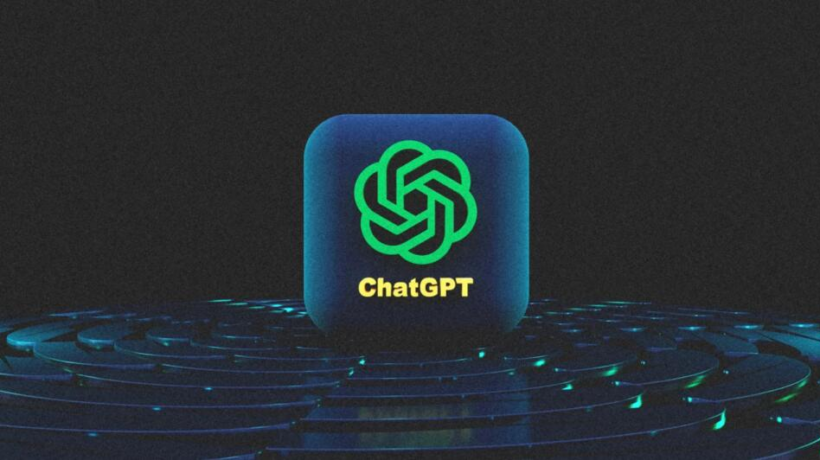At its first developer event Monday, OpenAI announced a new large language model called GPT-4 Turbo, into which users can feed as much as 300 book pages of text as context around a prompt. The company also announced a new customizable version of ChatGPT, as well as a new store that will showcase some user-customized bots that are particularly useful.
OpenAI CEO Sam Altman told a room full of developers (OpenAI API customers) that GPT-4 Turbo will allow users to input up to 128,000 tokens, or about 300 book pages of text, into the model. With the new larger context window in GPT-4 Turbo, OpenAI pulls ahead of Anthropic, whose Claude chatbot has a context window of 100,000 tokens, or about 75,000 words. The new model will have a much more reasonable cutoff date for knowledge of recent events. ChatGPT-4’s cutoff was September of 2021; the new model’s cutoff date is April of 2023.
Altman said the model is multimodal, meaning that it can input and output audio and imagery, including DALL-E 3. And, he said, cost to access the model for developers will be less than that of GPT-4.
OpenAI nodded at the idea of customized ChatGPT over the summer when it began letting users customize some preferences within the chatbot, but the new bots, called “GPTs” go much further. Many ChatGPT power users keep a list of carefully crafted prompts and instruction sets, which they previously had to copy-paste into ChatGPT for every task. GPTs now remember such instructions and know how to apply them for future tasks.
OpenAI says it will roll out its “GPT Store,” which will feature the GPTs created by users. Once in the store, GPTs become searchable and may climb the leaderboards. The company says it will curate the store, showcasing the most “useful and delightful” GPTs in various categories, such as productivity, education, and “just for fun.”
What’s in it for GPT builders? In the coming months, ChatGPT says it’ll allow builders to earn money as more people download and use their creations. Yes, the store is already taking on some of the features of Apple’s App Store and the Google Play store.
OpenAI is closing in on the one-year anniversary of its wildly popular ChatGPT app, which Altman said Monday was meant as a “low-key research preview.” OpenAI says the new GPTs will rest atop the existing safety infrastructure that already prevents people from using the tool for harmful, dangerous, or toxic purposes.







